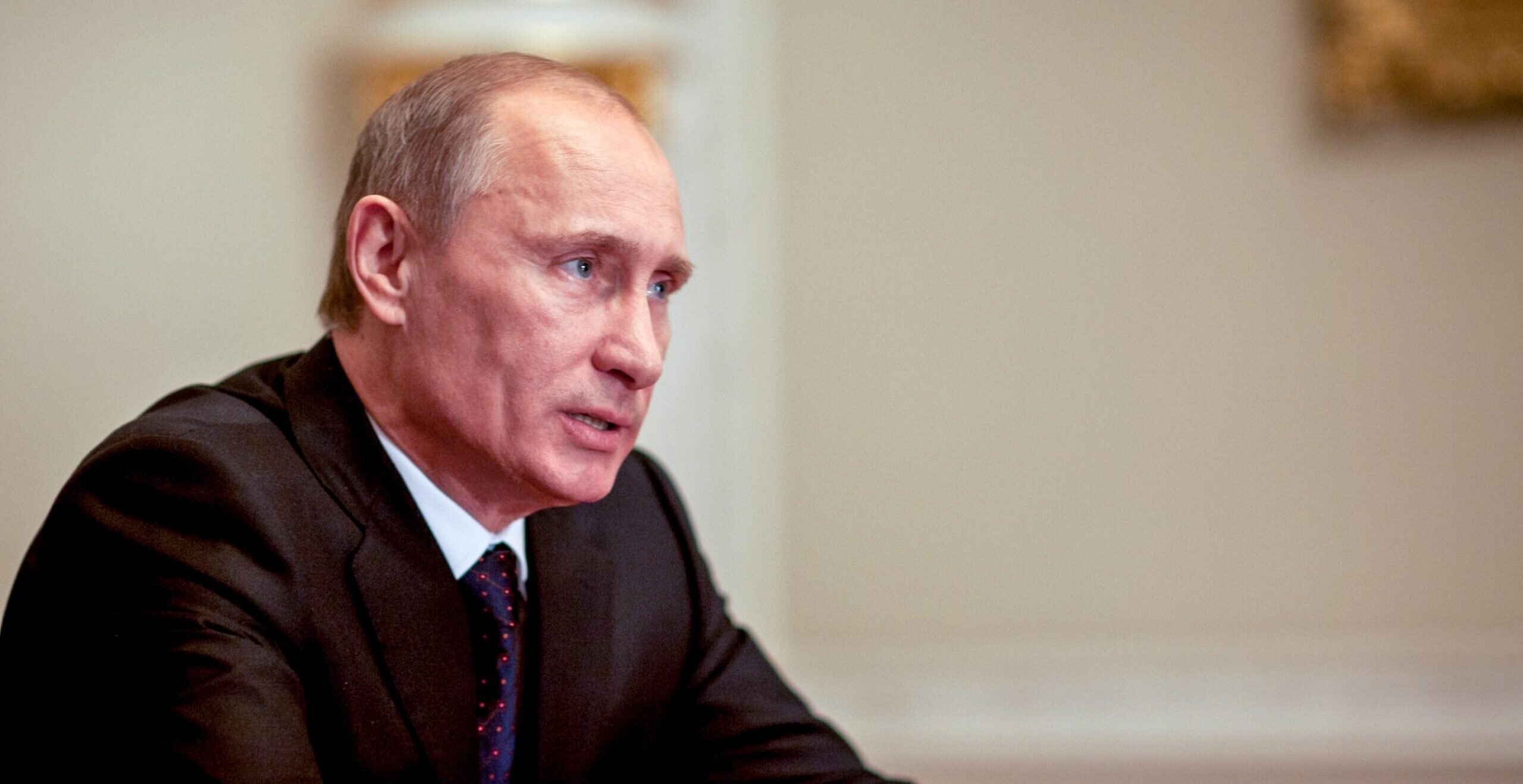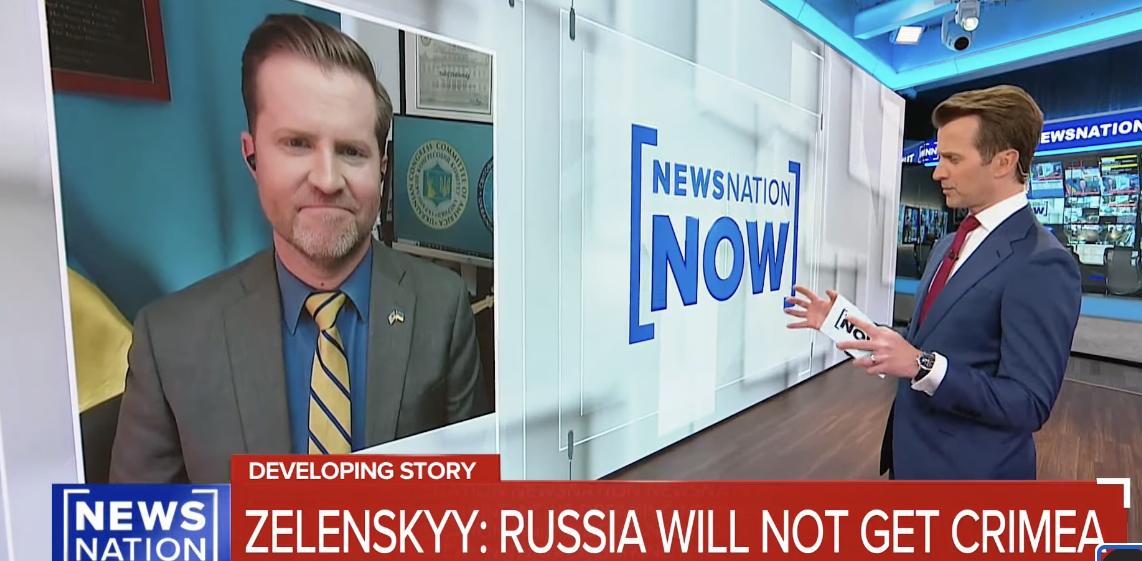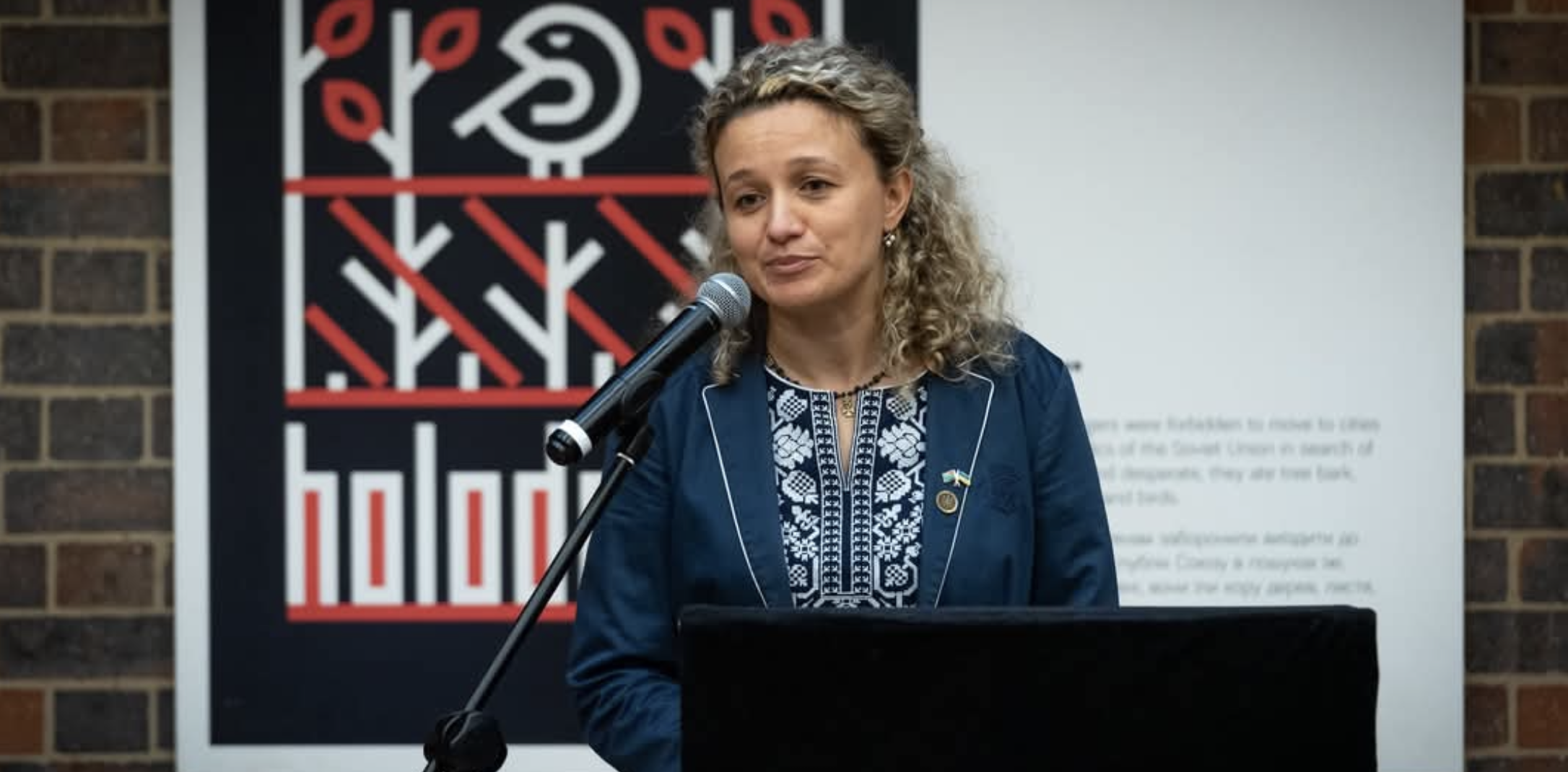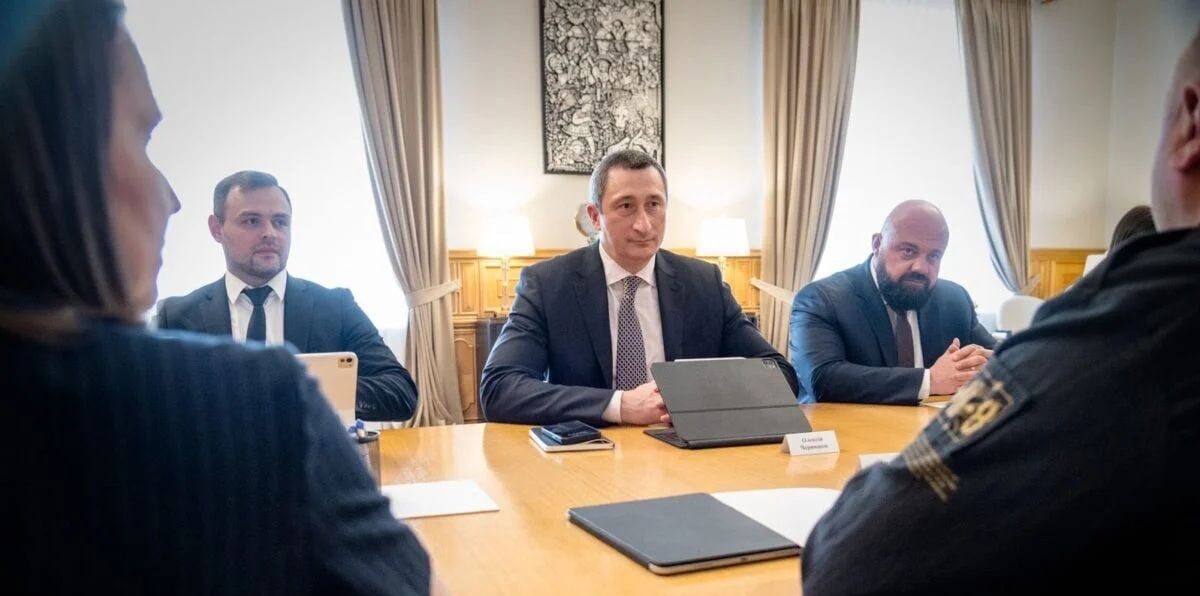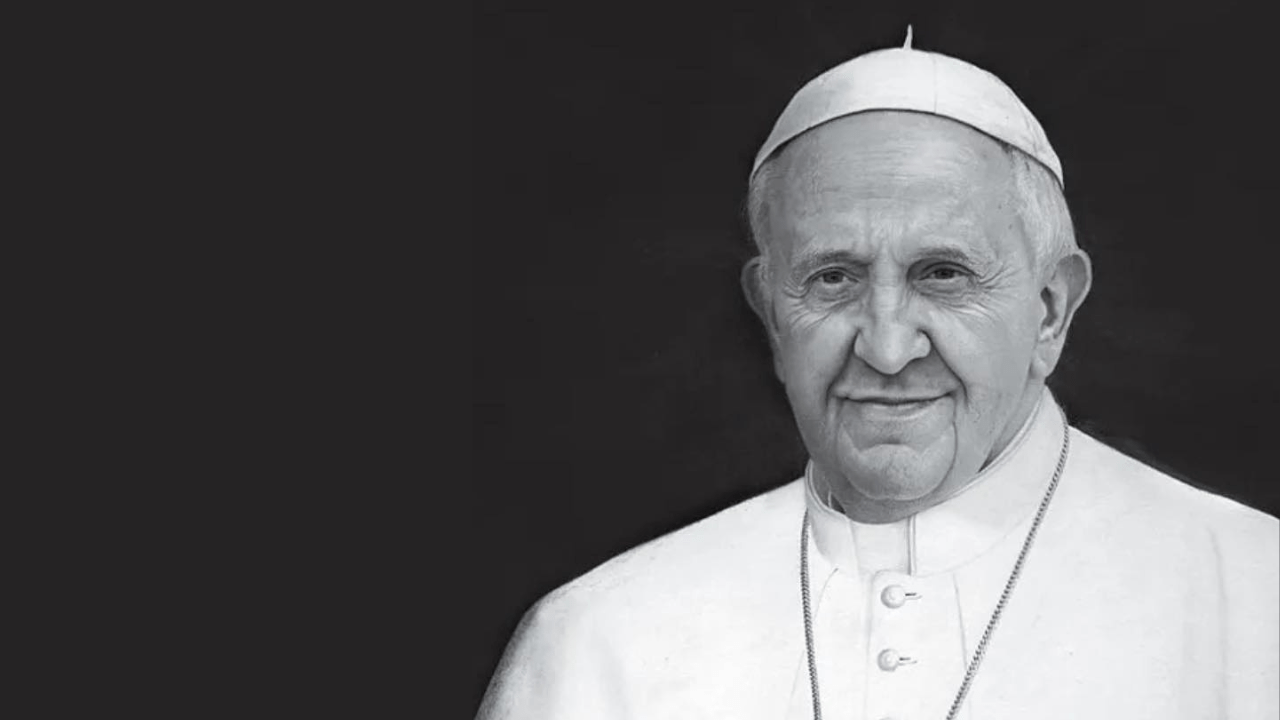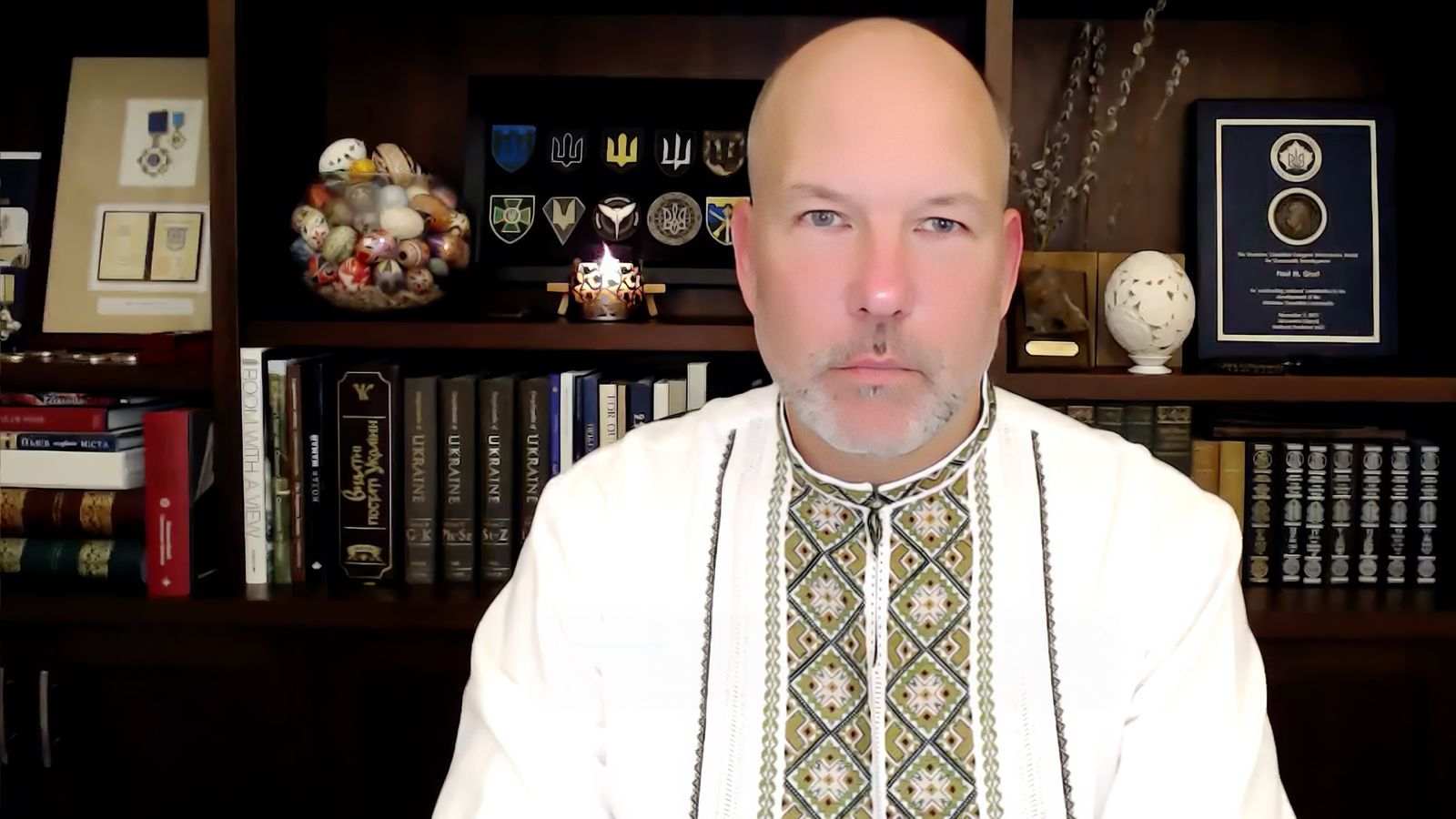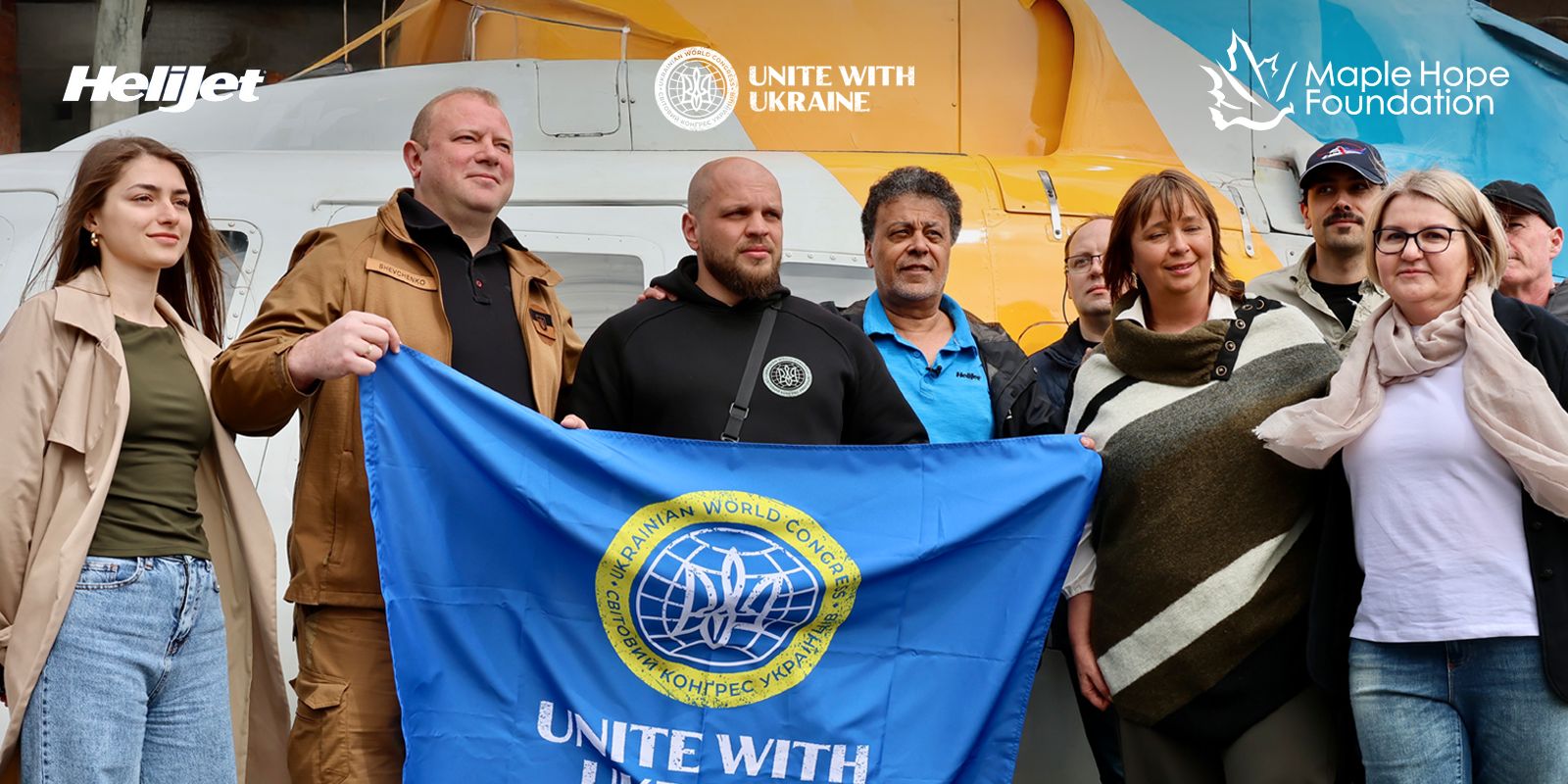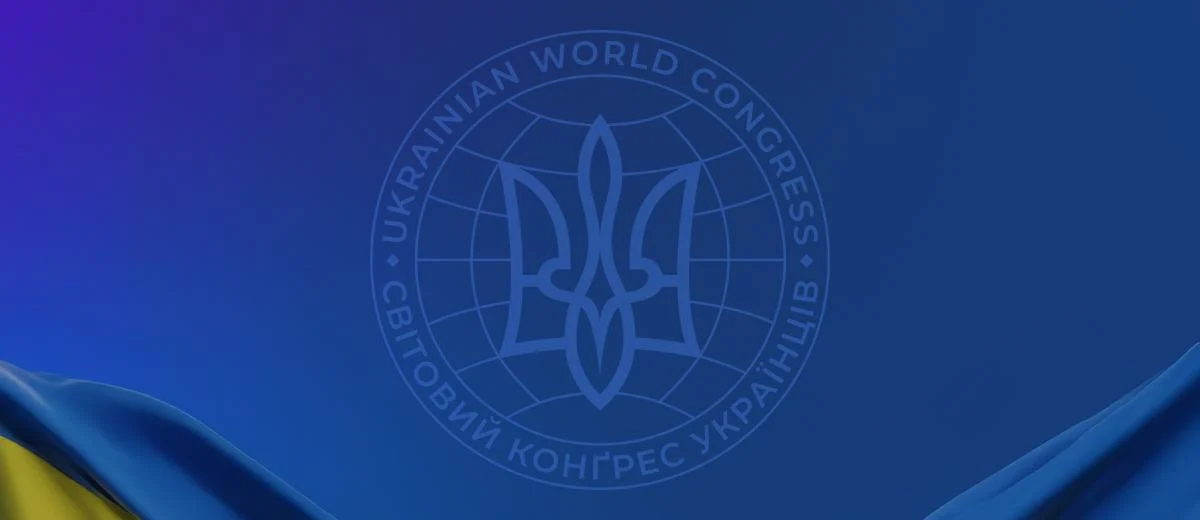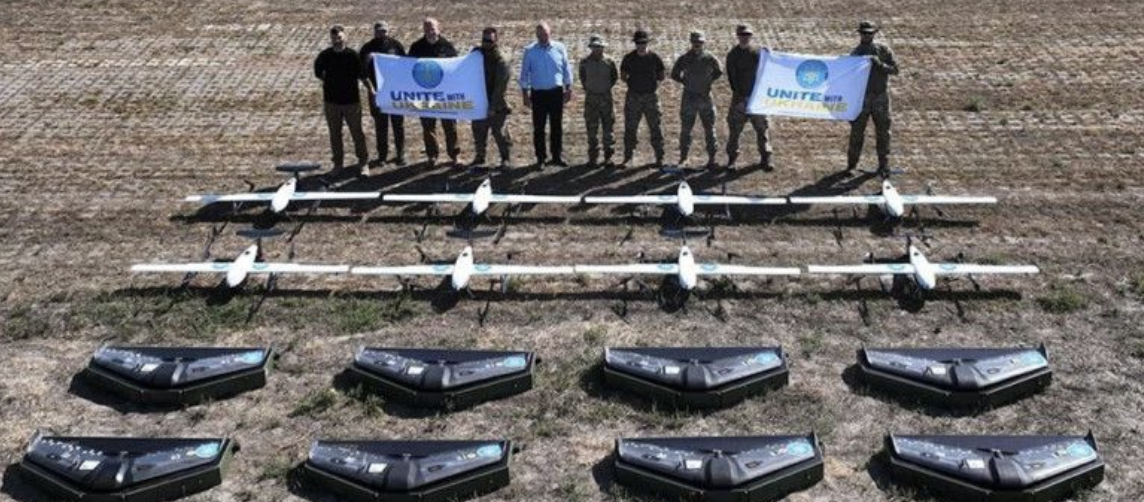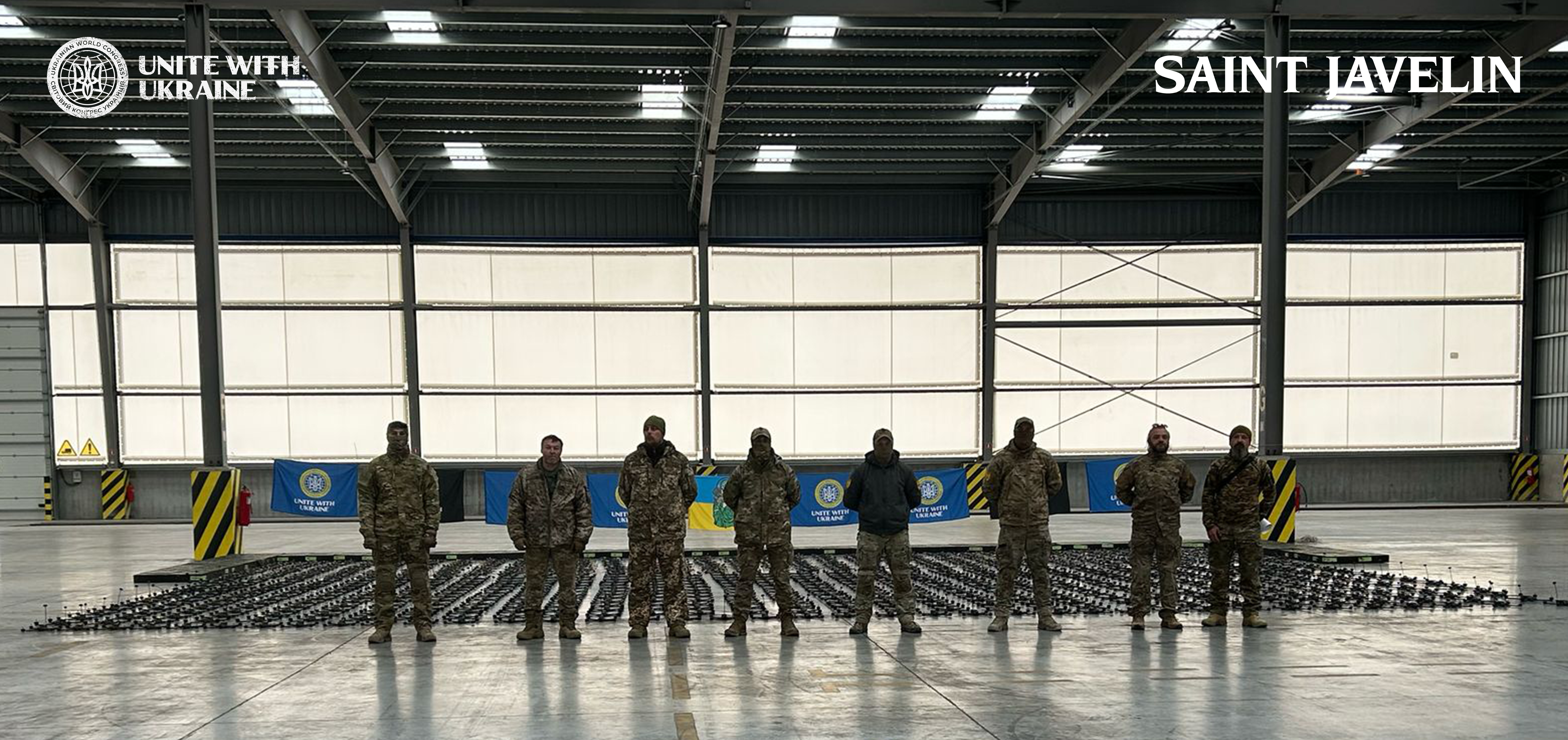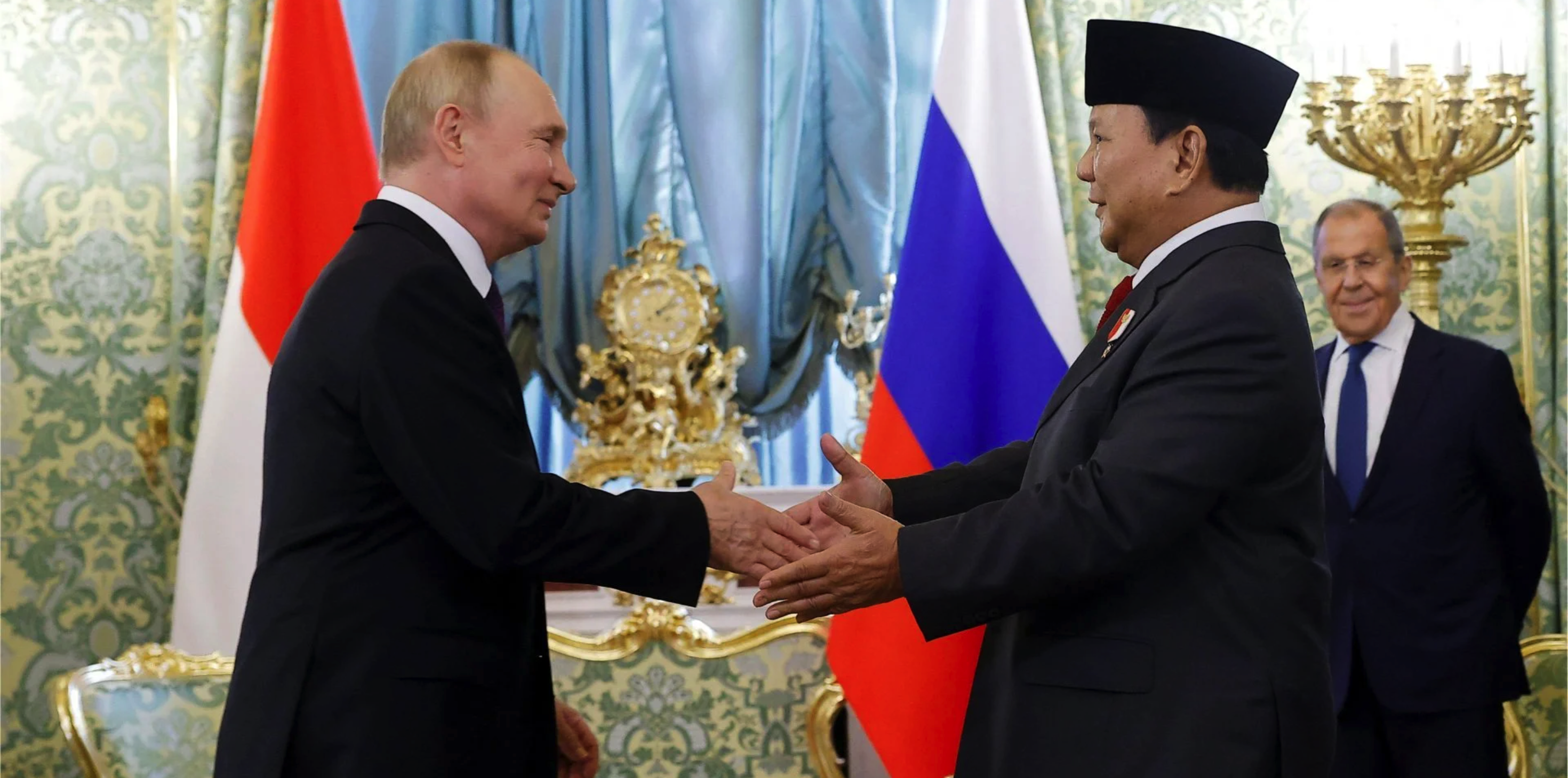
Indonesia and Russia are holding their first joint military exercises from November 4 to 8. According to the Indonesian Navy, the training is an “update of international partnership” between the two naval fleets, as reported by Reuters.
Earlier, Indonesian President Prabowo Subianto promised to strengthen defense ties with Russia as part of Indonesia’s non-aligned foreign policy. During his visit to Moscow in July, he referred to Russia as a “great friend.”
In a comment for the Ukrainian World Congress (UWC), Dmytro Piddubnyi, a representative of the Ukrainian community in Indonesia, analyzed these developments and their implications, particularly regarding Indonesia’s foreign policy and strategic interests in Asia. Below is his direct commentary.
Indonesia, as the world’s largest Muslim-majority country, supports Palestine, which places it in opposition to Israel, a U.S. ally. This means that not all U.S. partners are automatically seen as friends by Indonesia, and many Indonesians sympathize more with Palestine than with Ukraine. For most Indonesians, the [Russo-Ukrainian] war is viewed as a “political game” orchestrated by the U.S., rather than Russian imperial ambitions. Local media provide little coverage of the war between Russia and Ukraine, so many believe the war has already ended.
President Prabowo’s visit to Moscow was not unexpected. Indonesia has long-standing ties with Russia dating back to the Soviet era, particularly in areas like trade, arms supplies, education, and military relations — ties further strengthened during Prabowo’s own career. He has repeatedly advocated for using force to address political challenges in Indonesia.
Tourism and education were the key topics of public discussions during the visit to Moscow. Following the meeting, direct flights to Bali, one of the world’s most popular tourist destinations, were announced, along with plans to send Indonesian students to Russia. The Russian consulate was quickly established in Bali, facilitating affordable flights for Russians to Indonesia.
Indonesia is also in the process of building a new capital from scratch.
Russia has expressed interest in offering its services and investments, and Indonesia is actively seeking investors for this large-scale project. Russia has already made a significant financial contribution to the project, with public proposals for participation in both financial and technological aspects. The influx of Russian developers and “refugees” to Bali since the full-scale invasion has prompted Indonesia to recognize the potential of this direction, and it is now eager to increase investment and tourism.
Upon taking office, President Prabowo promised to achieve an economic miracle for Indonesia, drawing inspiration from China’s experience. However, it seems he has yet to form a clear strategy to achieve this goal. One of his first acts as president was to push for Indonesia’s accession to BRICS, a move his predecessor had delayed but that Prabowo has now approved.
Despite its cooperation with Russia, Indonesia remains a member of the Non-Aligned Movement and officially maintains a neutral stance in its foreign policy. While President Prabowo has shown a strong affinity for China’s model, he also supported close ties with Western countries during his tenure as defense minister. His decision to join BRICS is driven by Indonesia’s desire to be part of a variety of international formats and processes.
With global changes and the economic rivalry between China and the U.S., Indonesia is becoming an increasingly important and promising player in its region. Major powers are closely watching its developments as Indonesia seeks to maintain neutrality and leverage the global situation to its advantage. For Indonesia, joining BRICS is less about supporting Moscow or Beijing and more about securing opportunities for international cooperation and participation in global processes. The country’s young population and its need for growth in sectors like education, technology, energy, and infrastructure make it an attractive partner for investment.
President Prabowo understands this dynamic and is seeking ways to maximize Indonesia’s benefit from relationships with all sides. However, for the world’s largest Muslim country, religion and support for Palestine will remain critical in shaping its decisions.
Indonesia is open to cooperation with all countries, including Ukraine. However, the initiative must come from the Ukrainian side, and we need to actively seek opportunities for dialogue and collaboration. With many shared interests, Ukraine and Indonesia could work together in fields like education and technology. Furthermore, Ukraine’s support for the Crimean Tatars and its inclusive stance towards Islam could help foster stronger ties and mutual understanding between the two nations.
Cover: Reuters/Maxim Shemetov
